
Forex volume indicators are integral tools in the world of trading, offering invaluable insights into market dynamics. Understanding the importance of them in trading cannot be overstated, as they provide basic clues about market sentiment, help in assessing the liquidity, and confirm the price. In this guide, we will explore the definition of a volume indicator, the best Forex volume indicators, and how to select the most suitable one to enhance your trading strategy.
The Definition of Volume
Volume refers to the total number of shares or contracts traded within a specific time frame. It is a fundamental metric used to gauge the intensity and liquidity of a market.
The Importance of Volume
Volume is of paramount importance in financial markets for several reasons:
In the Forex Market, volume is typically measured as the number of traded currency units. Due to its decentralised nature, Forex volume is often challenging to ascertain accurately. Traders frequently rely on tick volume or the number of price changes within a given period.
The Definition of a Volume Indicator
A volume indicator is a technical analysis tool used to analyse trading volume patterns and trends. These indicators provide traders with insights into market dynamics.
The Importance of a Volume Indicator
Volume indicators are critical tools in financial markets for the following reasons:
Traders have access to various sources where they can find volume indicators:
Here are some of the top volume indicators employed by traders:
On-Balance Volume (OBV)
OBV is one of the best volume indicator for Day Trading that accumulates volume on up-days and subtracts it on down-days. OBV is popular for its simplicity and its ability to confirm price trends, making it a valuable tool for traders.
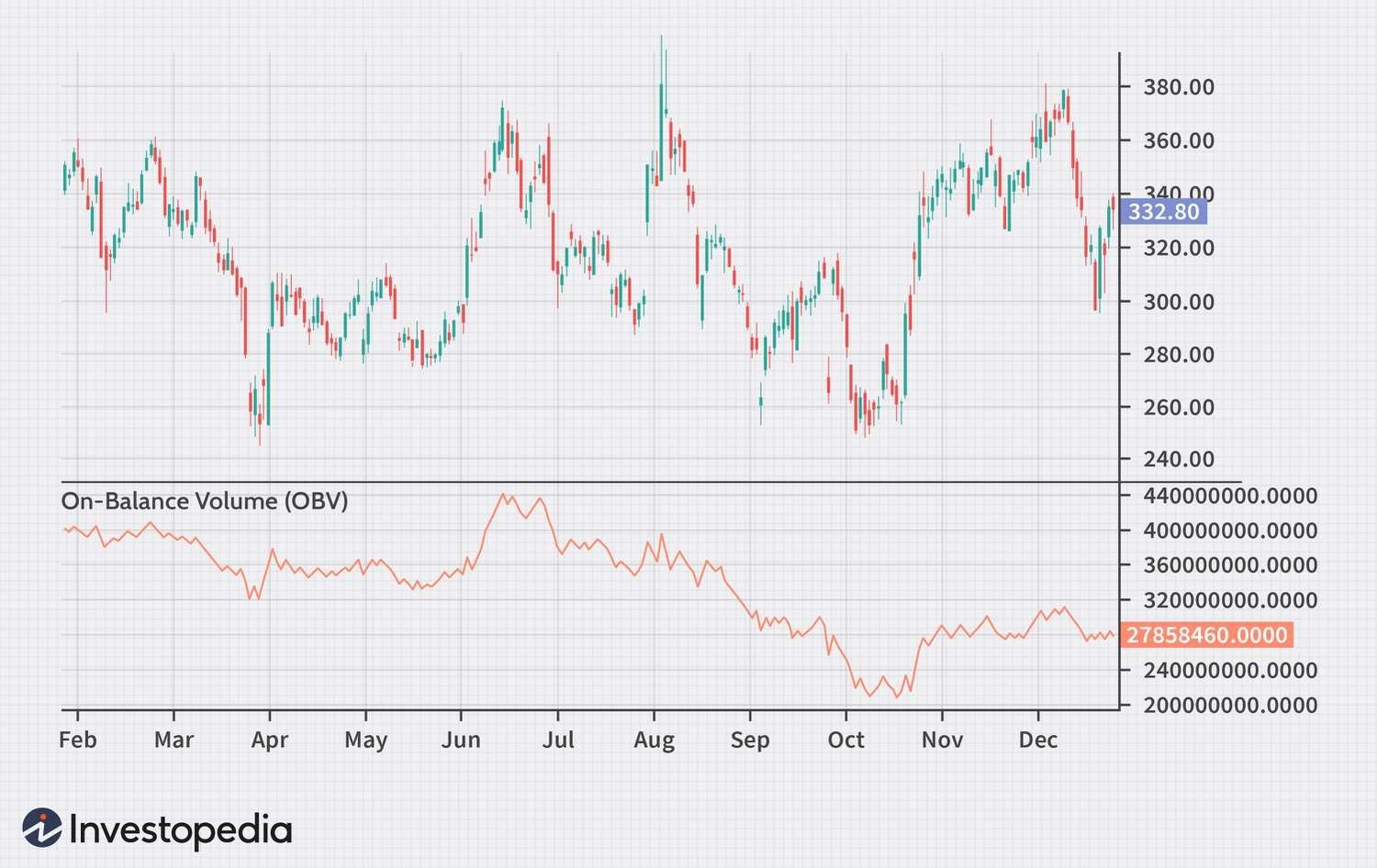
Money Flow Index (MFI)
MFI combines both price and volume data to assess the strength of price trends. MFI is utilised to identify overbought and oversold conditions.
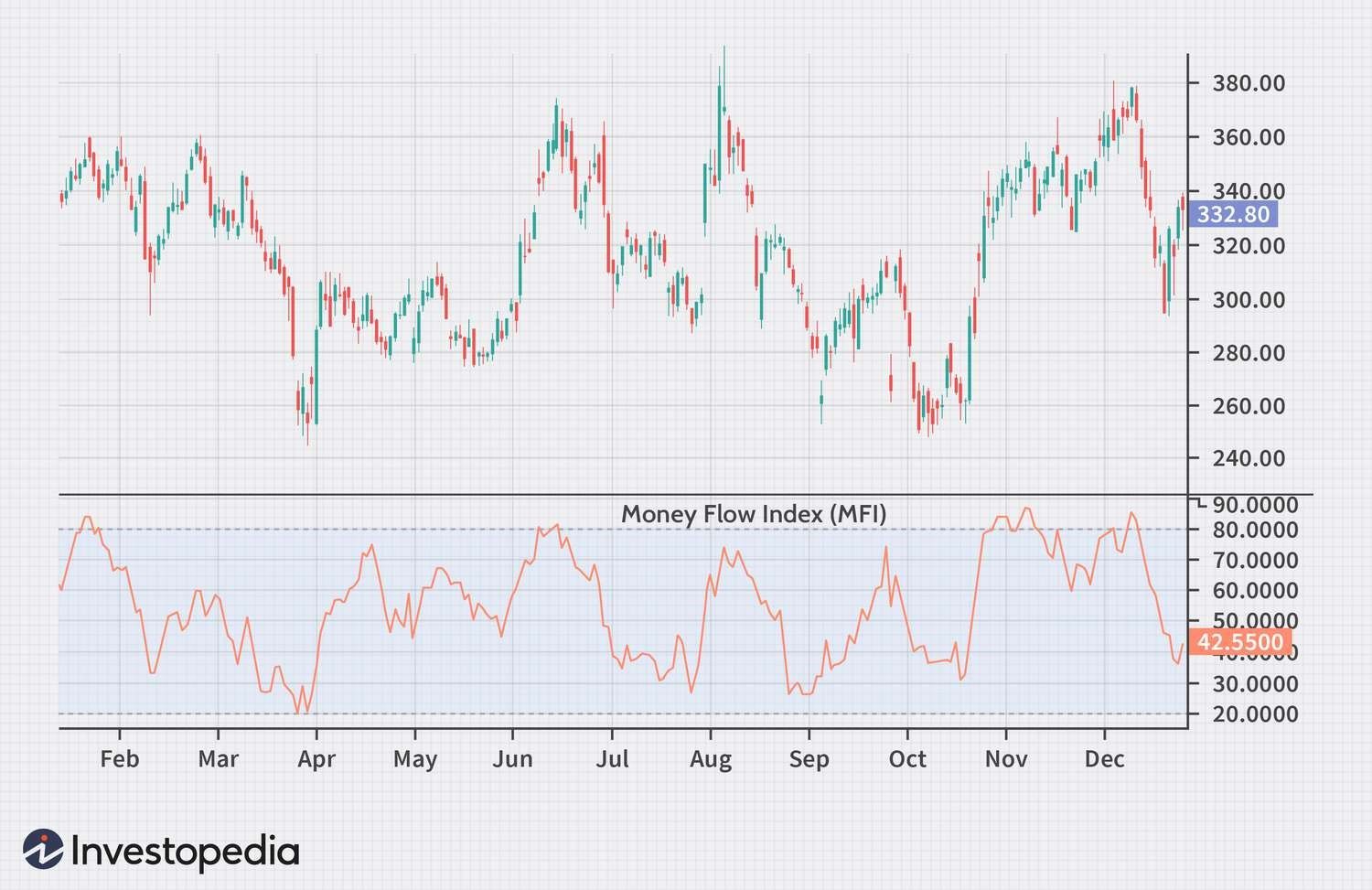
Volume-Weighted Average Price (VWAP)
VWAP calculates the average price weighted by trading volume, providing insights into fair value prices.
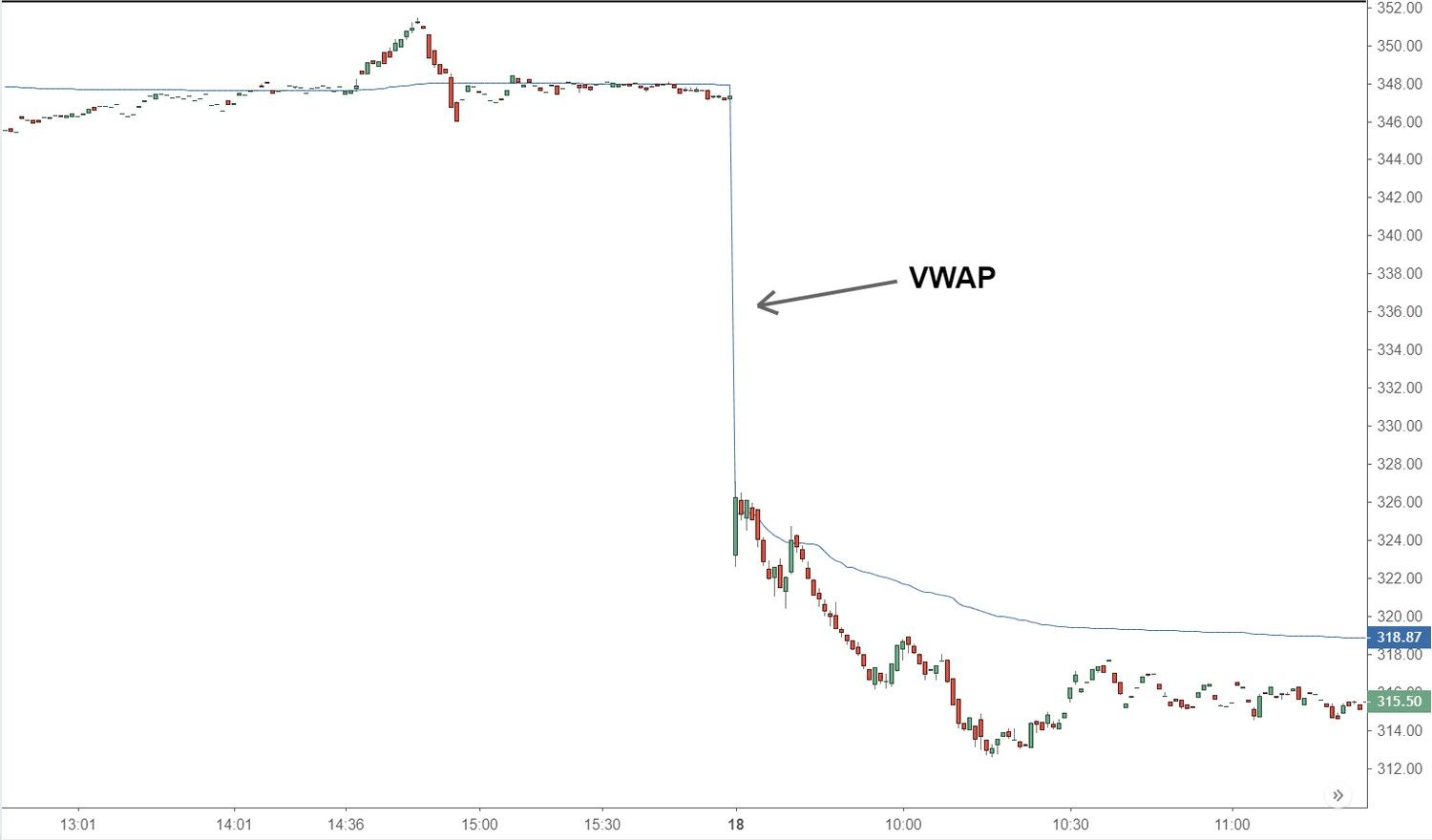
Accumulation/Distribution Line
This indicator measures the flow of money into or out of an asset, taking into account changes in price and volume. Traders use it to identify potential trend changes and divergence, particularly in the context of emerging market conditions.
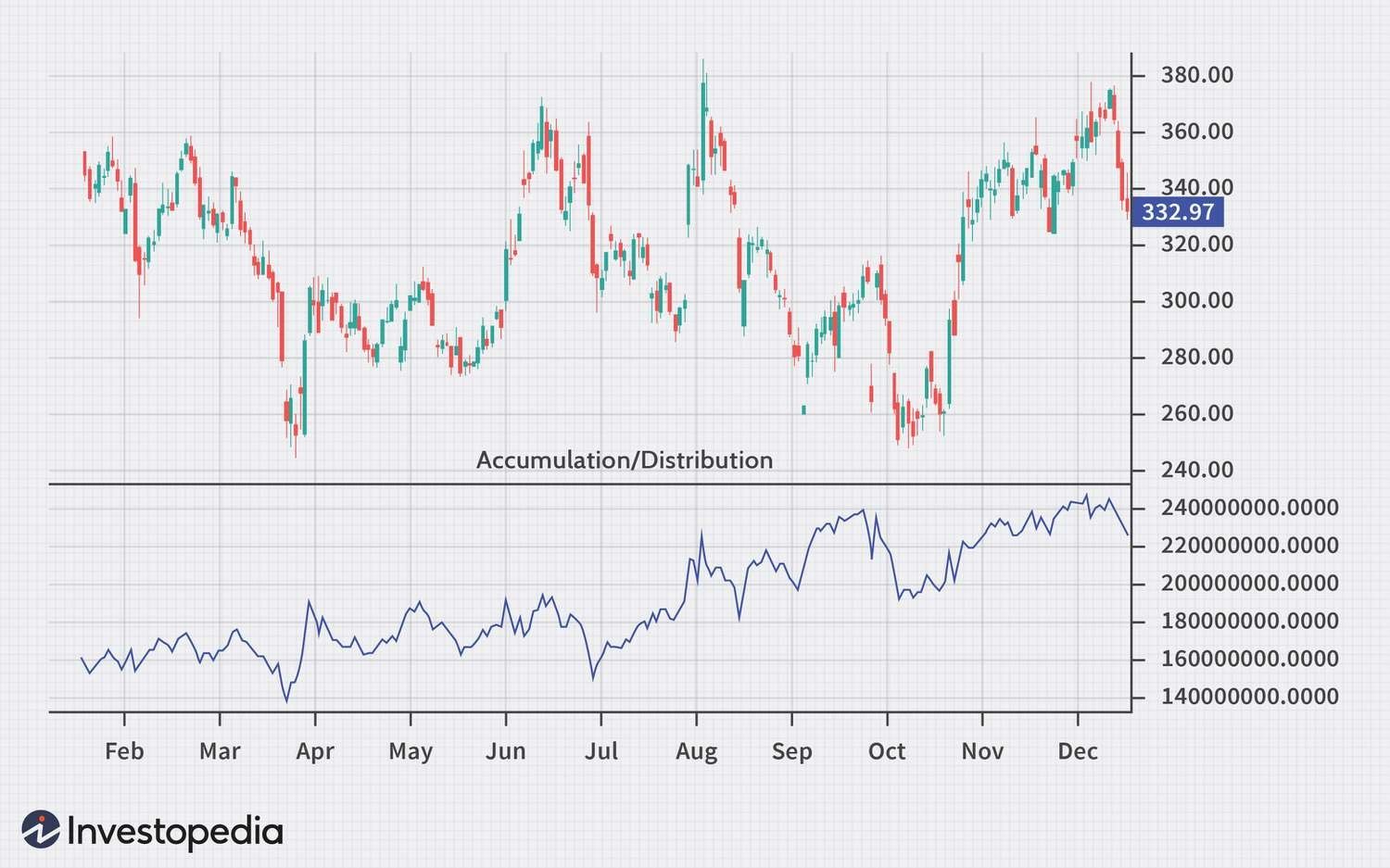
Tick Volume
In the Forex Market, Tick Volume, or the number of price changes within a specific time frame, is a useful indicator. It helps traders gauge market activity when accurate traded volume data may be challenging to obtain.
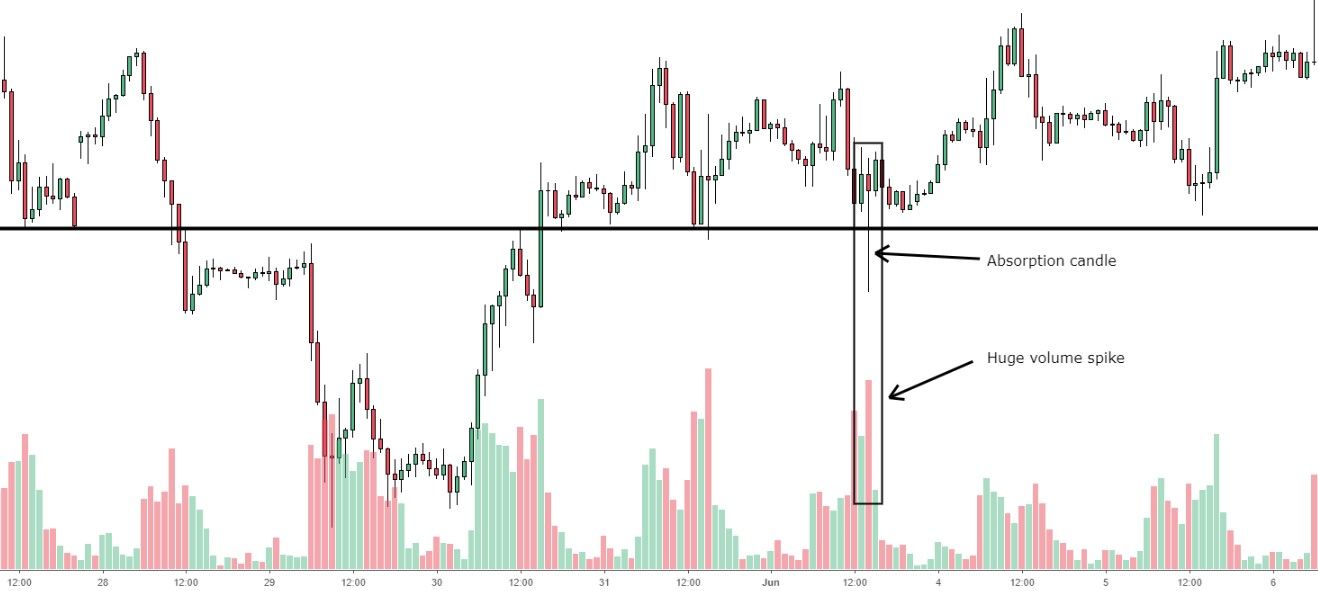
Selecting the Best Volume Indicator
Traders have access to a wide array of volume indicators, each with its own strengths and weaknesses. Carefully selecting the best volume indicator for you is key to success in the financial markets. Here's a guide on how to choose the most suitable volume indicator:
Traders often employ various Trading Volume Strategies, including:
Trend Trading Volume Strategy
This strategy involves aligning trades with prevailing market trends. Traders use this approach to capitalise on extended trends driven by factors such as economic conditions, global events, or local developments. High volume confirms the strength of a trend, making it a key factor for trend traders.
Reversal Trading Volume Strategy
All markets can experience rapid shifts due to geopolitical events or economic changes. Traders utilise reversal strategies to identify potential trend reversals. They look for volume divergence or unusual spikes in trading activity as a sign of a potential market turnaround.
Breakout Trading Volume Strategy
Breakout Strategies are popular among traders looking to capture price movements following periods of consolidation. Volume is crucial in breakout trading to confirm the validity of a breakout. A breakout with high volume is considered more reliable.
When utilising volume indicators, traders should steer clear of common mistakes, including:
Volume indicators are invaluable tools for traders. By selecting the most suitable volume indicators and integrating them into a well-defined trading strategy, traders can make more informed decisions and increase their chances of success. The choice of a volume indicator should align with your trading goals and the asset you are trading. Experiment with different indicators and understand how they complement your strategy.
Maboko holds a BTech in Metallurgical Engineering and has been in the financial market for over 6 years. He has experience in market analysis and systematic trading strategies.
While volume indicators are primarily associated with short-term trading, they can also provide insights into long-term investment trends and confirm the strength of such trends.
The effectiveness of volume indicators is not region-specific. Traders in South Africa can use the same indicators as traders worldwide to analyse volume trends in Forex Trading.